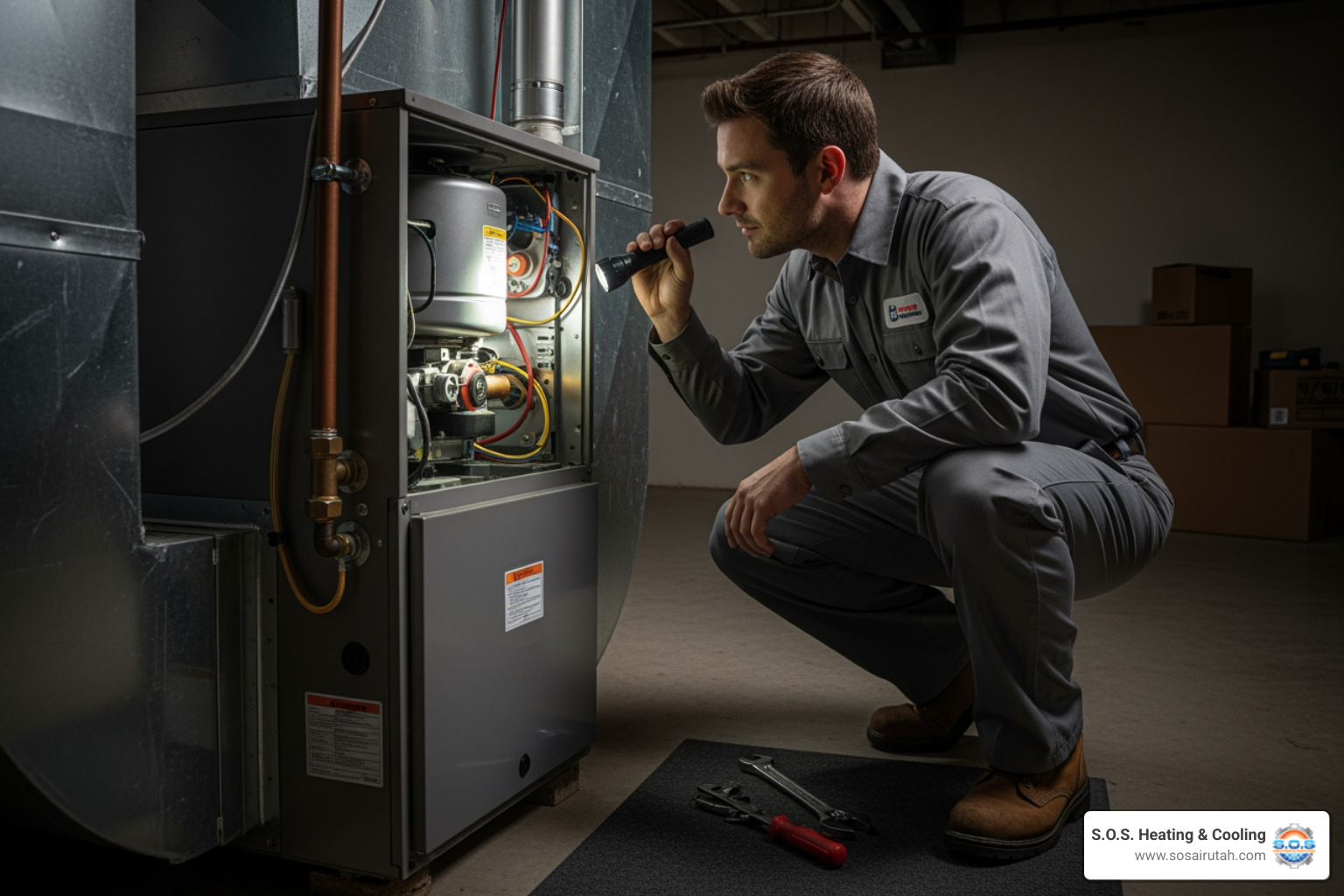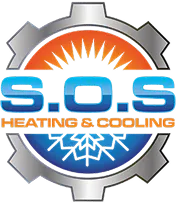
How Seasonal Changes Affect Indoor Air Quality and What to Do About It
As the seasons shift, so does the air quality inside our homes. Seasonal changes bring about fluctuations in temperature, humidity, and airborne particulates, all of which can significantly affect indoor air quality (IAQ). Maintaining a consistent and healthy indoor environment can be particularly challenging for residents of Salt Lake City, where the climate varies dramatically from hot summers to cold winters.Poor indoor air quality can exacerbate allergies, asthma, and other respiratory issues, making implementing strategies that adapt to each season's demands crucial. As Salt Lake City's premier heating and cooling company, S.O.S. Heating & Cooling is uniquely equipped to provide insights and solutions that help you manage indoor air quality effectively. We will explore the seasonal impacts on IAQ and offer practical advice on enhancing and maintaining the air quality in your home throughout the year.
Understanding the Effects of Seasonal Allergens
Seasonal shifts often introduce different allergens into the indoor environment, impacting home air quality. In spring, pollen from blooming flora circulates heavily, easily infiltrating indoor spaces and potentially aggravating allergies and respiratory conditions. Similarly, autumn stirs up other allergens like mold spores from fallen leaves and increased dust particles as heaters begin to operate. To mitigate these allergens, it’s crucial to maintain clean air filters in HVAC systems and utilize air purifiers where necessary. Regular cleaning and vacuuming of your home, paying special attention to areas that trap dust such as carpets and upholstery, also help in controlling allergen levels indoors.
Managing Humidity Levels Throughout the Year
Humidity plays a significant role in indoor air quality, with levels fluctuating by season. High humidity in the summer can lead to the proliferation of mold and mildew, while low humidity during winter months can cause dry air that irritates skin, eyes, and respiratory tracts. To manage humidity effectively, use dehumidifiers during humid months to keep moisture levels in check. Conversely, employing humidifiers during dry months can add necessary moisture to the air, enhancing comfort and health. Regular checks on HVAC systems ensure they are appropriately adjusting to the humidity demands of each season.
The Impact of Heating and Cooling Systems on Air Quality
Heating and cooling systems are pivotal in maintaining a comfortable indoor environment throughout the seasons. However, these systems can also circulate dust and other particulates if not properly maintained. Prior to the onset of winter, it’s essential to have heating systems checked and serviced to ensure they are clean and functional. Similarly, before summer begins, inspect and service air conditioning units to confirm they are free from mold, which can spread through AC ducts. Replacing HVAC filters regularly—at least every three months, or more often depending on usage—helps prevent the recirculation of dust and allergens.
Seasonal Ventilation Strategies for Improved Air Quality
Proper ventilation is a cornerstone of good indoor air quality. However, the approach to ventilation may vary by season due to differing outdoor air conditions. Natural ventilation options might be limited during cooler months, increasing reliance on mechanical systems. Ensure that these systems are well-maintained and that air intakes are clear from obstructions and pollutants. In warmer months, leverage cooler mornings and evenings for natural ventilation. Opening windows during these times can help flush out stale indoor air and introduce fresher air without overly warming the home.
Detecting and Dealing with Pollutants
Seasonal activities can introduce different pollutants into the home. For instance, fireplace use during winter can increase carbon monoxide and particulate matter indoors if not properly vented. Testing air quality to detect carbon monoxide levels and using carbon monoxide detectors can help ensure safety. In summer, garden pesticides and fertilizers may bring volatile organic compounds (VOCs) indoors. Reducing the use of these chemicals or ensuring thorough ventilation when they are used can mitigate their impact.
Enhancing Air Quality with Houseplants
Houseplants do more than beautify indoor spaces—they can also enhance air quality. Many common houseplants are effective at absorbing toxins like formaldehyde, benzene, and trichloroethylene. Plants such as spider plants, peace lilies, and Boston ferns improve a room's aesthetic and actively purify the air. However, it is vital to manage plant watering and care to prevent overwatering, which could contribute to mold growth.
Adopting Smart Home Technologies
Technological advancements have led to the development of smart home systems that can monitor and respond to changes in indoor air quality. These systems use sensors to detect pollutants and changes in humidity and temperature, automatically adjusting HVAC operations to maintain optimal conditions. Investing in such technologies provides a proactive approach to managing air quality, ensuring adjustments are made in real-time to respond to the dynamic needs posed by changing seasons.By addressing the unique challenges posed by each season, homeowners can significantly improve the air quality within their living spaces. Regular maintenance of HVAC systems, strategic ventilation, and proactive measures like the use of dehumidifiers, air purifiers, and smart home technologies play essential roles in sustaining healthy and comfortable indoor environments throughout the year. With thoughtful attention and action, it’s possible to maintain excellent indoor air quality, ensuring a healthier home for everyone.
Breathe Easier with Expert HVAC Solutions
Maintaining optimal indoor air quality year-round demands attentiveness and a proactive approach, especially given Salt Lake City's distinct seasonal challenges. Ensuring your home's air remains healthy and breathable not only enhances comfort but also protects the well-being of everyone inside. We are committed to helping you achieve this. Our team of experts at S.O.S. Heating & Cooling is equipped with the knowledge and tools necessary to service your HVAC system, keeping it in peak condition no matter the season.Ready to improve your home’s air quality? Contact our HVAC company in Salt Lake City today to schedule a comprehensive inspection or to learn more about our HVAC maintenance services. Let us help you create a healthier, more comfortable home environment throughout the year.
Explore Our Latest Insights and Updates in Plumbing Services

Finding Your Perfect Match: Expert Heating Tune-Ups in SLC

Finding Your Perfect Match: Expert Heating Tune-Ups in SLC

Keep Your Home Cozy: A Comprehensive Look at Heating Tune-Ups in Bountiful






.avif)